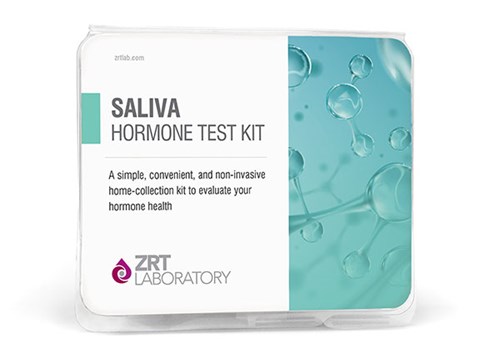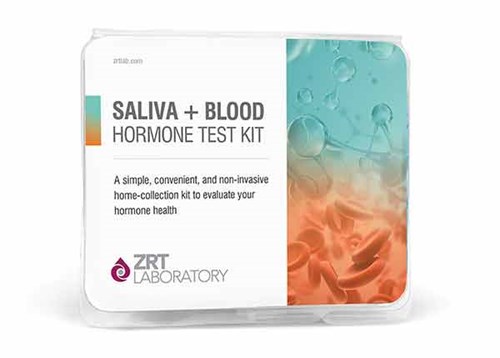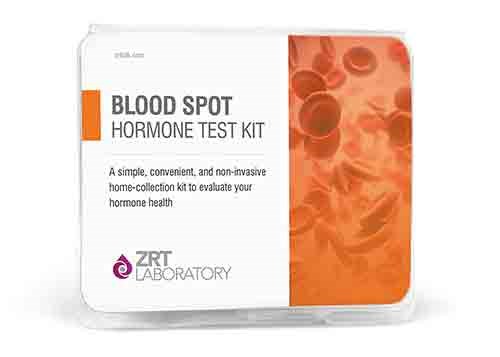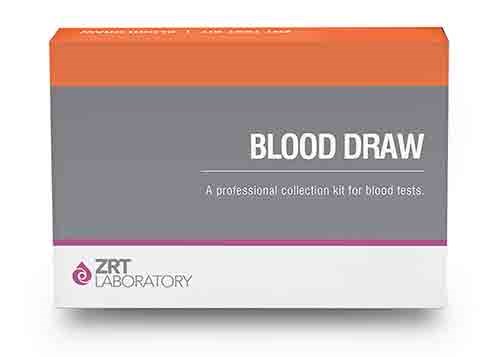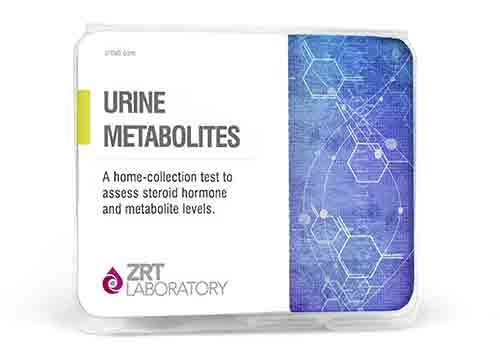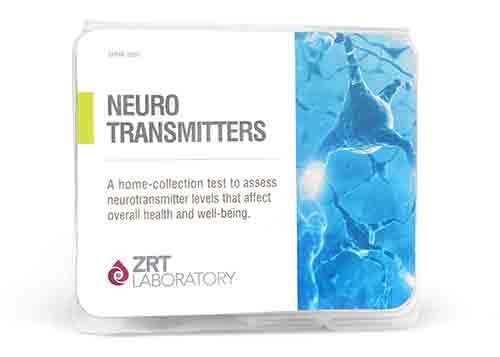ANDROPAUSE
ZRT has tested over 150,000 men experiencing hormone decline.
Men at mid-life are just as susceptible to an age-related drop in hormone production as their female counterparts. Andropause, the so-called male menopause, signifies the retreat of the key male hormone testosterone.
As a man ages, his body naturally makes less testosterone. In fact, by the time a man is in his mid-forties, testosterone levels can be down by 40%. Lifestyle factors such as excessive stress, weight gain and lack of exercise can lower levels even further – impacting stamina, drive and virility.
Men tend to notice a subtle downward shift in strength and energy first, followed by lack of enthusiasm for life’s challenges like work and competition. A man may also lose interest in sex. The hidden imbalances contributing to these factors generally include:
Leads to decreased stamina and libido, fatigue & erectile dysfunction
Results in weight gain, increased chest and belly fat, hot flashes, night sweats & excessive need to urinate (BPH)
Results in insomnia, anxiety, sugar cravings, feeling tired but wired & increased belly fat
Causes chronic fatigue, low energy, food and sugar cravings, poor exercise tolerance or recovery & low immune reserves
This condition is commonly missed in men and may often mimic symptoms of low testosterone.
This includes high blood pressure and diabetes, and may mimic some symptoms of low testosterone – like fatigue or erectile dysfunction.
Results in excessive need to urinate (BPH), hair loss, acne
Webinar: Navigating Changes in the Aging Male
Blog: Andropause – Real Men Go For Balance
Blog: SHBG – A Modulator to be Modulated
To restore the vital balance of hormones, we first need a detailed, accurate measurement of hormone levels. Not just numbers, but an assessment that offers real meaning.
Confused about when to test in saliva, blood, and urine? Click here to learn more.
ZRT Test Directory & Abbreviations
LCMS Saliva Steroid Reference Ranges
Dried Blood Spot Reference Ranges
LCMS Dried Blood Spot Reference Ranges
Urine Hormone Metabolites Reference Ranges
Neurotransmitter Reference Ranges
